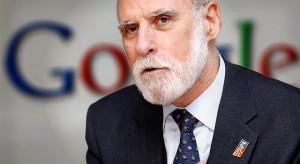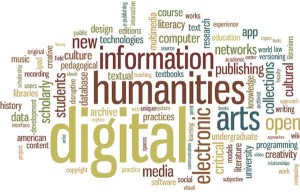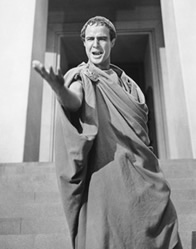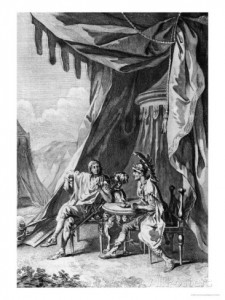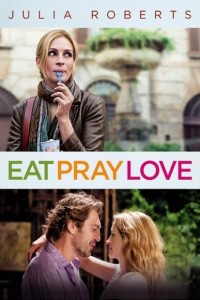While reading some of the possible ideas for this blog post, I thought about the importance of technology in our daily lives. The biggest being our smartphones always in hand. We live in a society where our daily lives depend on technology. Our smartphones store important dates, our pictures, contacts, and confidential information. This made me think about just how confidential the information on our phones is. Sure, you can put a passcode on your phone, and now you can even download apps that are locked with a password to store credit card information or your social security number. But just how well is this information protected?
On iPhones, Apple uses a storage system called iCloud. According to Apple, iCloud, “gives you access to your music, photos, contacts, calendars, documents, and more from your Mac, iPhone, iPad, iPod touch, and Windows computer. iCloud stores your content and automatically keeps it up to date on all your devices” (Apple Website). The majority would say that iCloud is the ideal storage unit for your device’s information.
Many of you probably have read articles about leaked iCloud accounts of celebrities. In September of 2014, many celebrities found their photos from their iPhone online. The majority of these pictures were naked photos belonging to more than 100 high-profile singers, actors, and celebrities. The list includes Jennifer Lawrence, Ariana Grande, Rihanna, and many more. The photos were uploaded to a public photo sharing website called 4chan and anyone could download them. The accessibility of these photos made others question how easy it would be to hack anyone’s phone.
While Apple’s iCloud has been known to be safe and secure, resources claim that hackers could have attained this information indirectly such as, “guessing users’ passwords or simply resetting their accounts by finding their email address and then answering traditional security questions” (Vincent). A fault with Apple’s “Find My iPhone” at the time did not restrict the number of password guesses, resulting in unlimited guesses for the hacker. Other experts argue that this could be the result of Dropbox, another image storage, leaking photos, but sources are convinced Apple is at fault.
Apple did not comment on the series of events, but has since changed the security measures of the users’ iCloud accounts. Now, you must include a capital letter, a number, and another character such as an exclamation mark in your iCloud password. Apple did not comment on the series of events.
This raises the question: how private is our information to the public, and who has access to our accounts? Apple has taken many new security measures to ensure the trust of its customers. Experts are telling people to turn off iCloud in settings to guarantee the security of your information for the future.

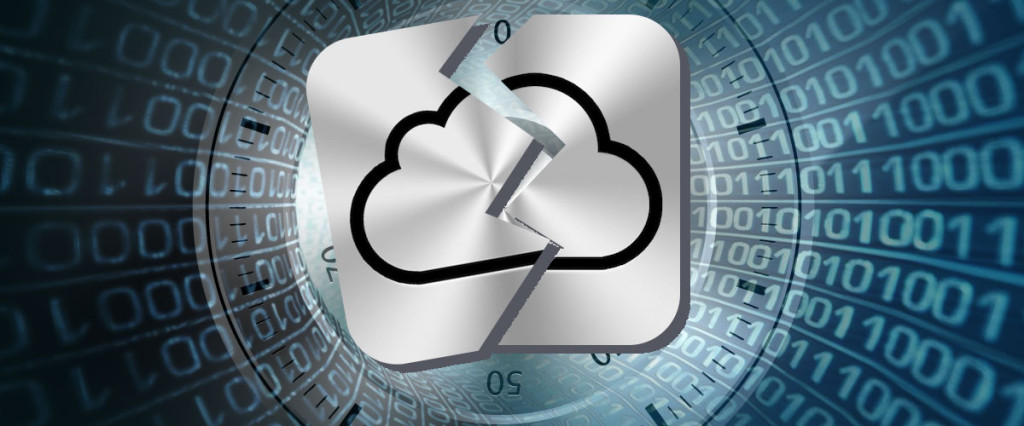
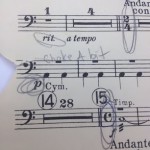
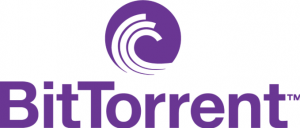

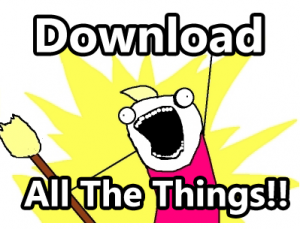 ways that your IP address can be obtained, allowing hackers to get into your computer or allowing yourself to get caught for
ways that your IP address can be obtained, allowing hackers to get into your computer or allowing yourself to get caught for 